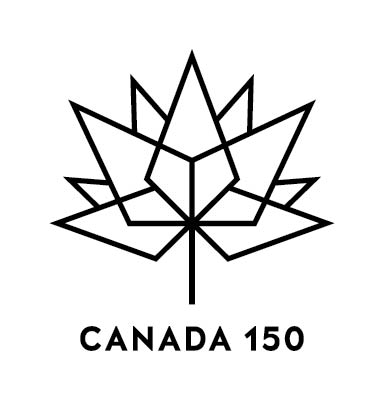INTEGRATED REFLECTIVE PRACTICE: A CRITICAL IMPERATIVE FOR ENHANCING LEGAL EDUCATION AND PROFESSIONALISM
Abstract
Twenty-first century legal professionals need a reflective legal education that emphasizes self-assessment and self-efficacy; supports life-long learning; and builds the capacity for innovative thinking and responding creatively and constructively to “wicked problems”. “Reflective practice”—a core competency in other professions—has the potential to enhance the education of legal professionals by developing these skills. Encouraging and modelling reflective practice is best started in law school. This article aims to facilitate a dialogue about how reflective practice might be integrated into the law school curriculum and provides conceptual frameworks to help envision how reflective practice might be operationalized. Examples of reflective methods to help develop it as a competency will also be given. Reflective practice, as a disciplined form of reflective inquiry, offers the potential to enhance law student learning and, more systematically, develop professional expertise. Amongst other imperatives for enhancing legal education, various national reports call for strategic, collective and aligned action to better prepare future legal professionals to respond to growing gaps in access to justice and predictions of a disruptive and challenging future for the legal profession. Thus, this article will set out how reflective practice can nurture a positive, dynamic professional identity, cultivate resiliency, and forge a stronger sense of legal professionalism, while also supporting students to become both “justice ready” and “practice ready”.Keywords:
Law Schools, Legal Education, Professionalism, CBA Legal Futures, “Transforming Legal Education and Training in Cana, Clinical, Critical Reflection, Curriculum, Integrated reflective practice, Legal educator, Practice, Reflective Practice, Research, TheoryDownloads
Total Downloads:
Download data is not yet available.





